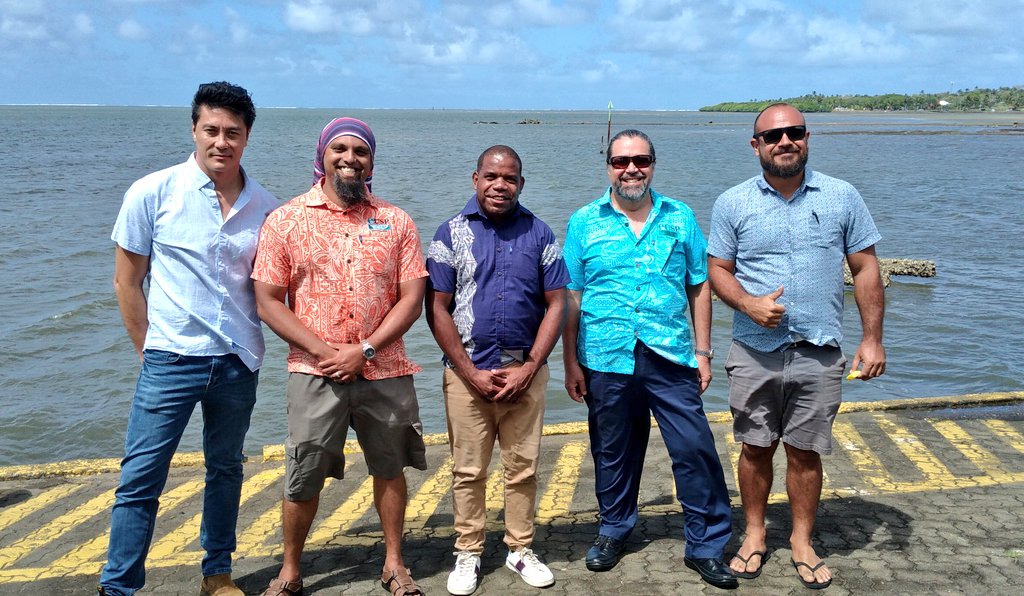Related News

“This is a great research tool for data collection and we applaud the collaboration between SMS staff, students and the rest of the team that assembled the seabin, including partners from the sporting fraternity,”, Prof Ciro said.
He said the seabin deployed at the university’s jetty would help researchers in the field of ocean pollution, micro plastics, as well as in waste management projects at the university.
Under the supervision of Dr Chinthaka Hewavitharane, Mr Paris and Postgraduate research student, Alex Kwaoga assembled the seabin and pontoon using recycled waste materials.
“Ocean pollution has become a major problem in our region and I am confident that this Seabin Project will be the beginning of a combined effort to amplify the urgent need to save our oceans and seas from all kinds of litter”.
“The bin catches everything floating in the water and I check the bin on a daily basis and I use the garbage collected for my research,” Mr Kwaoga, the Solomon Island research student said.
Dr Chinthaka acknowledged the support and collaboration from the Fiji Surfing Association and the Athletes for the Environment (AFTER) in the lead up to the installation of the seabin.
“The Seabin Project is a prime example of what can be achieved when concerned individuals and academic institutions like USP team up to find innovative solutions to save our planet”.